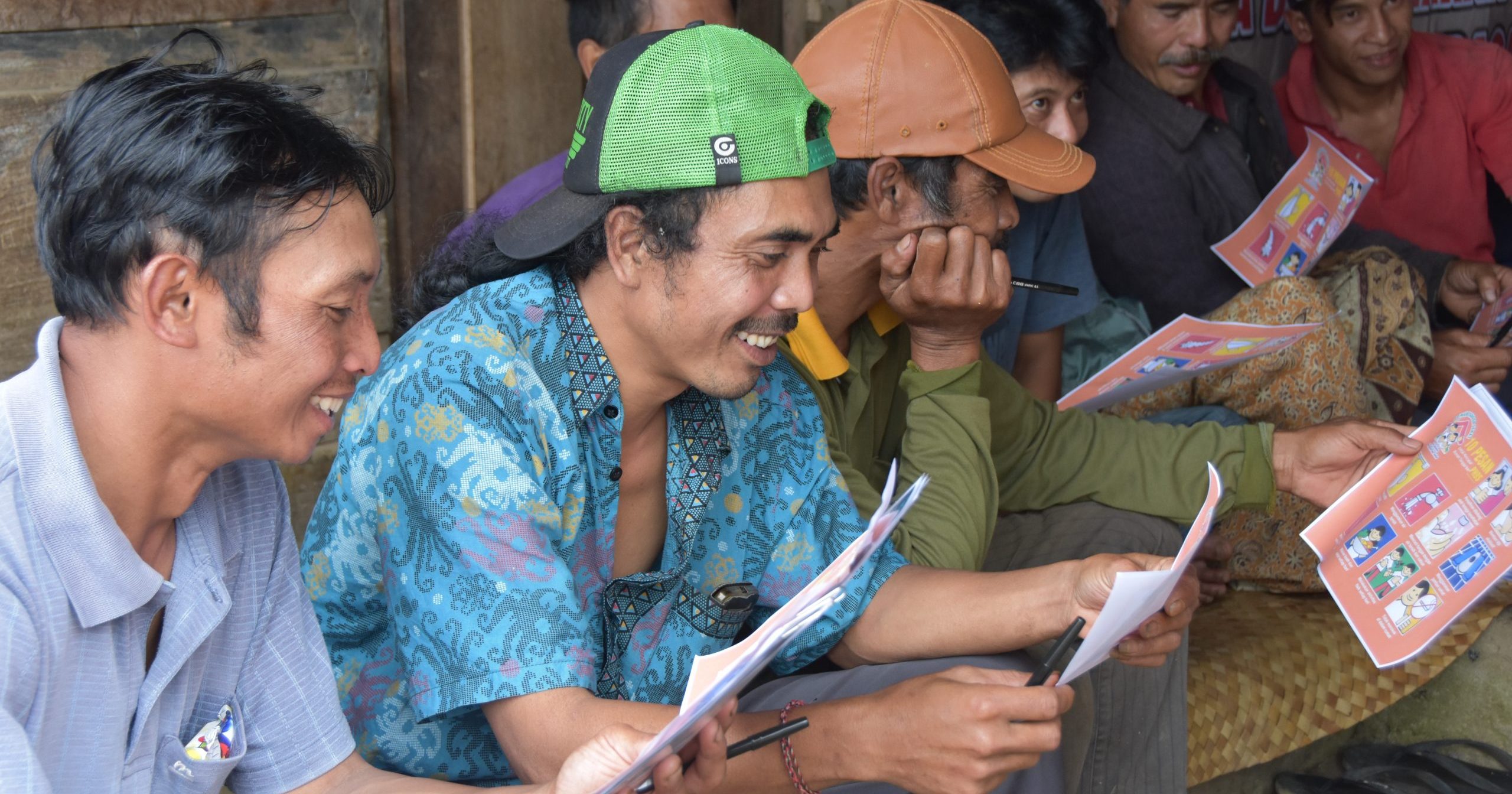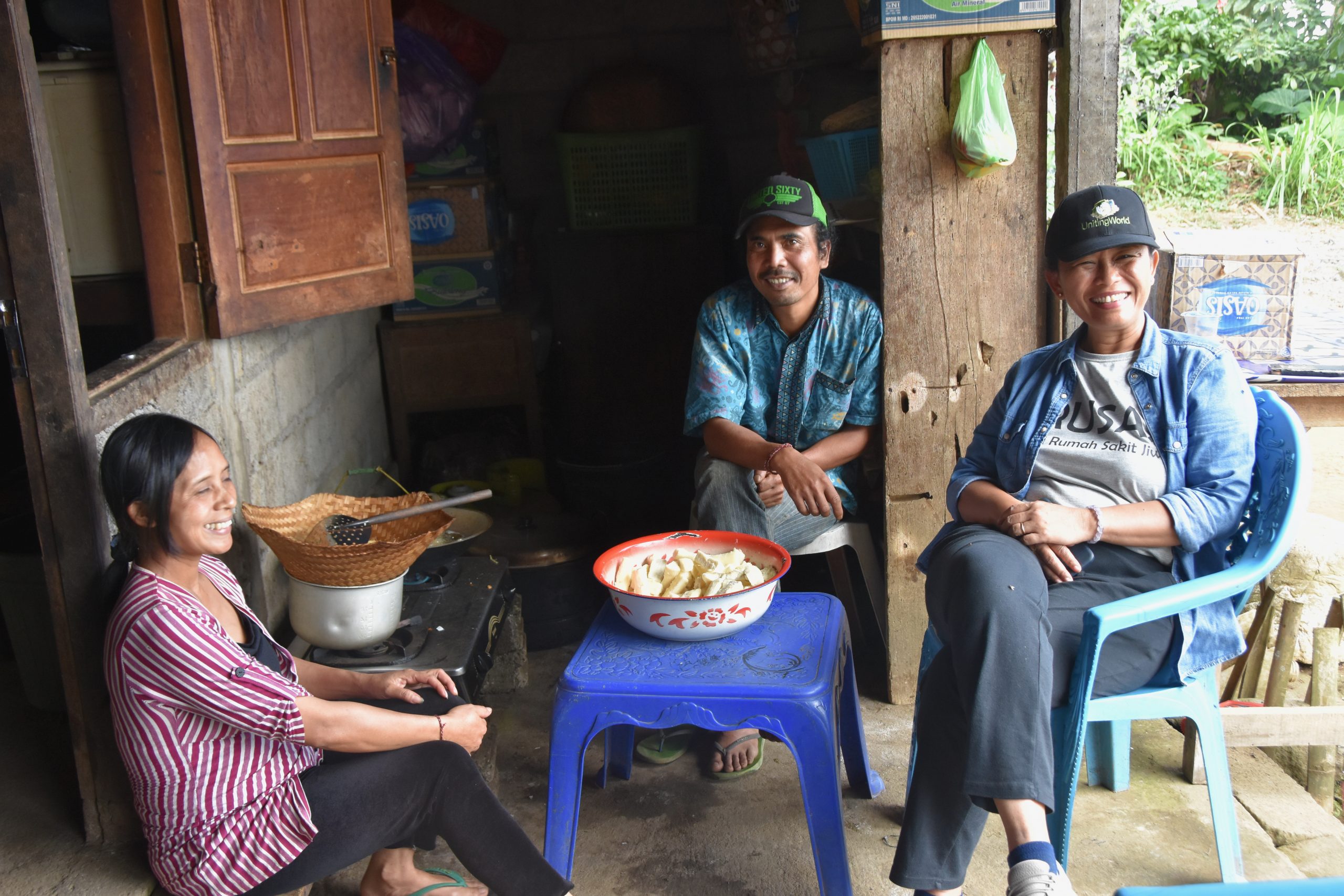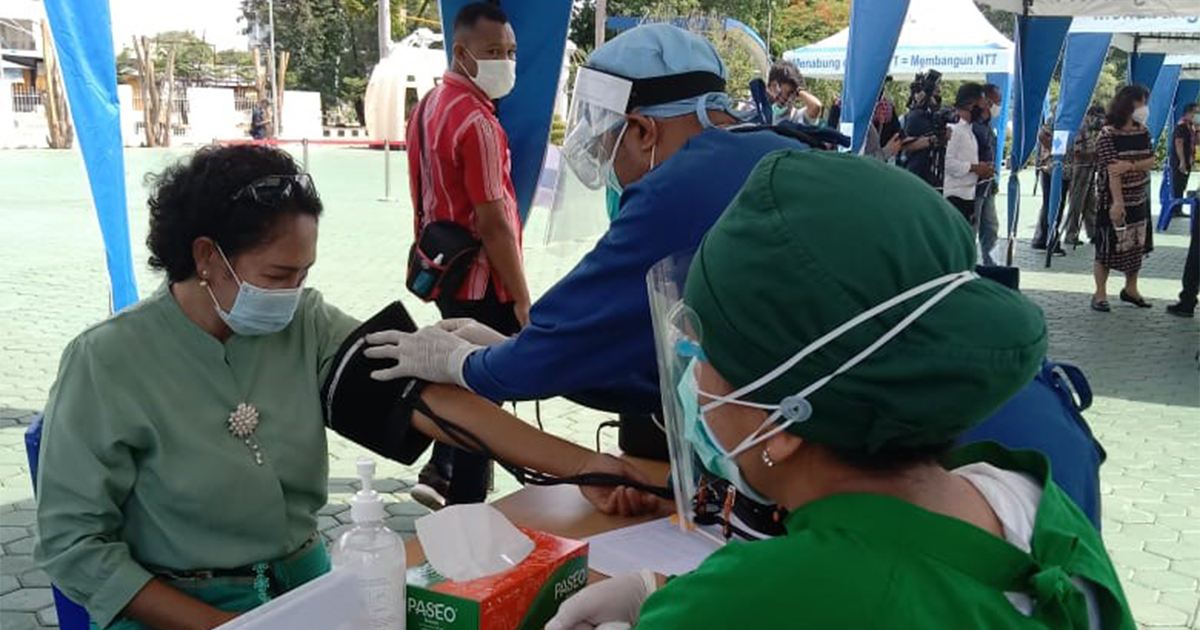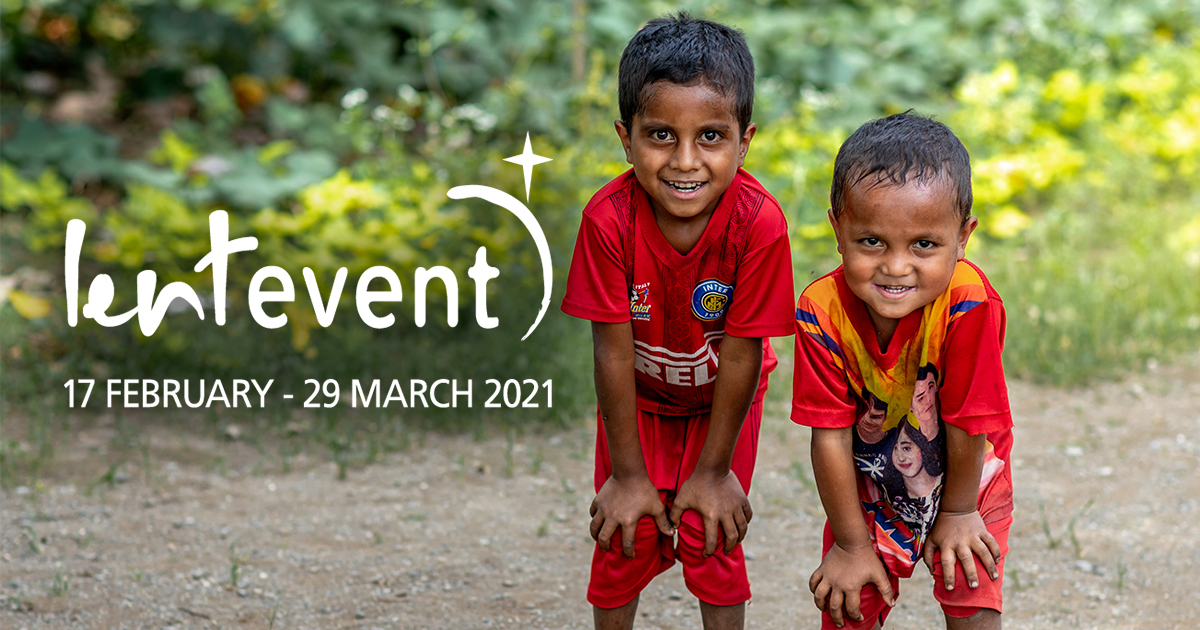
While two thirds of Australians say they’ll definitely get vaccinated against COVID-19, another 27% are still undecided. The number of people who say they’ll never get the jab is on the rise, up to 11% from 8% a few months back. These numbers are higher in other places around the world, and they show how deeply divided we are on the matter of the COVID-19 vaccination.
So what makes the difference in terms of changing minds on controversial matters like vaccination? Good information, or good friends?
Good friends.
Many people are surprised to know that the most important factor in shaping beliefs and decisions isn’t necessarily the supply of good information. It’s good relationships. And that’s because decisions are driven by a complex range of factors, with emotion top of the list.
“Good information”, delivered in a relational vacuum, can even harden opinions rather than change them. When people are drowning in shared global feelings like fear, sadness and isolation, ‘facts’ can be the last thing on their minds.
When a person contemplates taking up a particular position or belief, she’s considering what makes her feel safest. Will a different view threaten her position among like-minded people who’ve given her a sense of belonging? If so, there’s little chance she’ll risk it – unless she has another safe place to take refuge.
That’s why listening and providing reassurance is the most effective way to engage with those who are cautious or opposed to the vaccine (or anything else, for that matter.) If you know people who are sceptical or fearful, hear them out. If you have a good relationship with them, they’ll likely ask your opinion – the perfect time to share reliable information. Avoid handwringing, scorn or contempt about someone else’s views – you’ve instantly lost the emotional airwaves.
This approach is critical in places around the world where COVID-19 cases are sky rocketing.
In many communities, faith in government is low and fear is high. Hearing information from people who are known and trusted makes all the difference, and following the example of high-profile leaders can be especially influential.
In Indonesia, more than 1.3 million people currently have COVID-19.
A recent poll suggests only 37% of people will take the vaccine voluntarily, with 40% undecided.
The Indonesian Government is delivering an intensive education campaign to help improve knowledge and confidence. But it also plans to implement fines and restrict access to social services in some regions for those who refuse the vaccination. Its ambitious plan is to vaccinate 181.5 million people in the next five months.

How do we win the emotional air waves and create community?
In Bali, UnitingWorld’s partner staff have already built strong relationships through training and support on the issues people care about – health, sanitation, opportunities to earn a living . They’ve often gone to remote areas where people feel forgotten by the authorities.
Years of work have laid the foundation for their information to be taken seriously, and for people to feel a part of a supportive community. With special permission to move within communities impacted by lockdowns, they find people open to reassurance and willing to listen. Their innovations include a new 24/7 hotline for people to call with questions, intensive face to face conversations about the safety of the vaccine as well as social and traditional media drops. With movement largely shut down because of the pandemic, they’ve also developed a website that matches suppliers in remote areas with those who need their products in the cities.
All this firms up people’s sense of belonging and security. In this emotional context, people are far more likely to be open to the new information that vaccination represents.
Relational influence from the top is important too.
Rev Mery Kolimon, Moderator of our partner church in West Timor, was contacted by government officials to be among the first to take the vaccine. While happy to get the shot, Rev Mery was still anxious about possible side effects. Unlike many parts of the West where vaccines have become an accepted part of life, millions of people around the world are completely unfamiliar with the concept. Their fears are understandable, and the role our partners play in providing reassurance is significant.
Rev Kolimon writes openly here about her fact-finding mission to determine the safety of the vaccine, the feeling of waking up the morning after the shot, and her conviction that the church has an important role to play in helping people understand not only the science of disease, but the role of God in suffering.
“We entered the beginning of the year with too many wounds,” Rev Kolimon writes.
“Facebook pages are full of sad news that drains inner energy. The young and old are dying every day. The threat is now so close. We all ask: When will this end?”
In naming the context and articulating her own anxiety and quest for accurate knowledge, Rev Kolimon helps people feel heard rather than dismissed when they doubt.
It’s one of the reasons our church partners are particularly useful in the war on COVID-19. As people of faith, they have a natural bias toward a relational approach and are well networked in some of the areas others can’t reach. They’re able to develop influential communities who stick together ‘on message’ – an important factor given how much we’re influenced by our ‘herd’.
Please continue to pray for the work of all our partners. They’re constantly innovating while under pressure, and they need our continued love, prayer and financial support. You can make a gift to this work during Lent at www.lentevent.com.au
If you have concerns about the COVID-19 vaccination, talk to your local General Practitioner.
You can find information about the safety, testing protocols, expected side effects and more HERE from the Australian Department of Health.


